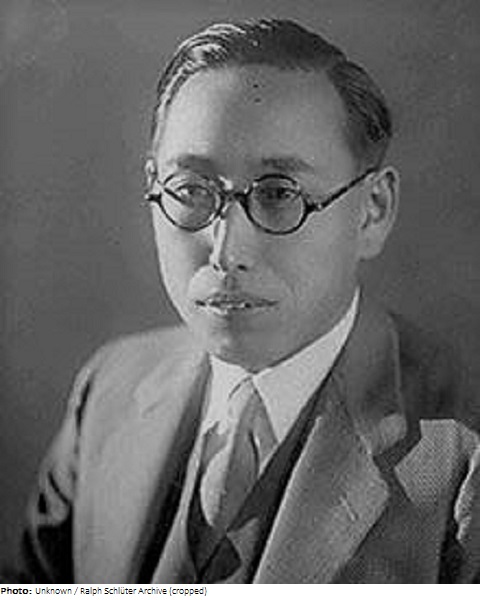
| Roles | Coach |
|---|---|
| Sex | Male |
| Full name | Shigeyoshi•Suzuki |
| Used name | Shigeyoshi•Suzuki |
| Original name | 鈴木•重義 |
| Born | 13 October 1902 in ?, Fukushima (JPN) |
| Died | 20 December 1971 (aged 69 years 2 months 7 days) |
| NOC |  Japan Japan |
In 1920, Shigeyoshi Suzuki entered Waseda Senior High School where he received training from the Burmese soccer player and coach Kyaw Din, who attended Waseda at the time. Three years later, Suzuki enrolled in Waseda University and founded the university’s soccer club. In 1927, he was selected as captain for the Japanese national team competing at the 8th Far Eastern Games. In the game against the Philippines, he scored his only international goal contributing to the first victory of a Japanese national team. Suzuki was then appointed manager of the Waseda team and coached the Japanese team at the 9th Far Eastern Games in 1930. For some time, his home served as headquarter of the predecessor of the Japan Football Association.
For the 1936 Berlin Olympics, Suzuki was made team manager, and in this position, largely responsible for the “Miracle of Berlin”. The Japanese team managed to beat the heavy favorite Sweden after Suzuki adopted the European WM formation system. Later, he was managing director and chief of staff at the Japan Football Association, as well as managing director of the Japan Athletic Association. In addition, Suzuki continued to hold an important position at the Waseda soccer club. After World War II, he worked for Dowa Fire and later for Kyoei Fire insurance companies. In 2007, Suzuki was posthumously inducted into the Japan Soccer Hall of Fame.
| Games | Sport (Discipline) / Event | NOC / Team | Pos | Medal | As | |
|---|---|---|---|---|---|---|
| 1936 Summer Olympics | Football (Football) |  JPN JPN |
Shigeyoshi Suzuki | |||
| Football, Men (Olympic) | Japan | =5 |